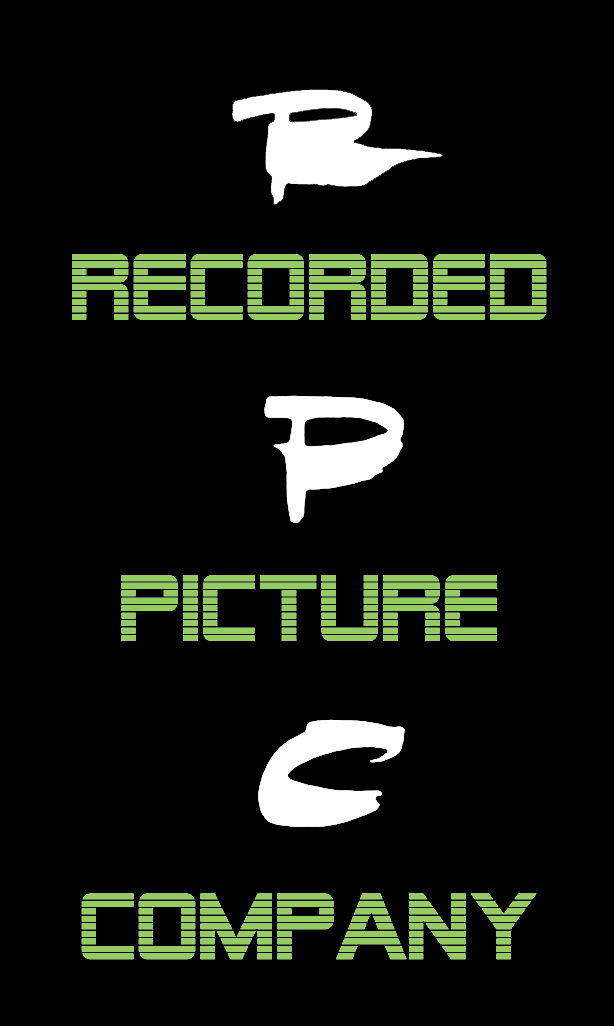Jeremy Thomas talks High-Rise and blockbusters
Jeremy Thomas's 40 year career includes making films with a bewilderingly extensive catalogue of auteur directors Image: Joel Ryan/Invision/AP
The veteran indie British producer behind ‘Crash’ on ‘Carry On’ films, career choices and his upcoming novel adaptation 'High-Rise'.
OSCAR RICKETT – THE INDEPENDENT – 11th March 2016
As Ballard-ian places go, an abandoned 1970s leisure-centre on the edge of Bangor, Northern Ireland, isn’t bad.
The Speedo swimming-pool clock, which decades ago looked down on chlorinated birthday parties and school lessons, now sits motionless above a waterless deep end.
Here, in desolate former gymnasia and decaying squash-courts, JG Ballard’s novel High-Rise, published in 1975, is being adapted for the screen.
At the heart of this adaptation is the independent film-producer Jeremy Thomas who, for more than 40 years, has made films with a bewilderingly extensive catalogue of auteur directors that includes David Cronenberg, Nicolas Roeg, and Bernardo Bertolucci, with whom he won nine Academy Awards for The Last Emperor.
“The films he had produced all required courage and ambition”, Bertolucci tells me. “He was the indie producer we all dreamed of.”
He is, High-Rise’s director Ben Wheatley says, “almost like a genre himself: the last of the great international cigar-smoking producers”. The British producer is the last of a dying breed: an independent operator who “stands between the money and the creativity”, producing big-screen art films that are often way ahead of their time.
High-Rise, which stars Tom Hiddleston as the smoothly adaptable Dr Laing, sits firmly in the middle of the Thomas canon. It is a sophisticated film made by people with sophisticated taste. In Ballard’s novel, the veneer of civilisation is stripped away as the privately-developed tower’s services begin to malfunction, sending its well-heeled residents spiralling into a feral struggle for supremacy in which rape, murder and the eating of dogs is blithely accepted.
The film is also a testament to Thomas’s friendship with Ballard, whom he got to know in the 1990s when he produced Crash.
The movie was a scandal, banned in Westminster by politicians who hadn’t seen it and inspiring the Evening Standard headline, “A film beyond the bounds of depravity”. Ballard loved it.
Thomas describes Ballard as “a prophet, a very happy man who was troubled by the world – because how can you not be?” It’s a voice reminiscent of “jazz poetry”, says Wheatley, “you have to pay close attention”. Often Thomas connects thoughts in fragments. Speaking of the potential appeal of his latest film, he says: “High-Rise. Ben Wheatley. Ballard. Fabulous.” Poetry.
Bertolucci recalls a producer with the “enthusiasm of a teenager, ginger-blond hair and the reassurance of a teddy bear. I decided on the spot to put the film in his hands”.
This still-enthusiastic, still teddy-bear-ish man works with the kinds of budgets Hollywood looks down its nose at. Without millions of marketing dollars, Thomas’s films live or die on their quality and cultural cachet.
Today, Thomas says that he has a “particular recipe for how I put my films together: independent films with unusual and original themes with specialised material that is not treading the usual path… I don’t know how to make a blockbuster. What’s interested me over all these years sits squarely in the counter-culture.”
He didn’t always recognise this. When he produced his first film, Mad Dog Morgan, in 1976, Thomas was in his mid-20s. Out in the Australian bush with a crew in excess of 100 and a star, Dennis Hopper, “in the most extreme stupor of excess”, the producer thought he was “making a Peckinpah film, with many explosions and people being hacked to pieces”.
Mad Dog Morgan was an interesting choice for a producer who grew up amid the great churning mill of the British popular-film industry. Thomas’s father, the director Ralph Thomas, made a string of hit movies in the two decades following the Second World War.
His uncle, Gerald Thomas, directed all 31 of the Carry On films. “My first memory is playing on the set of Carry On Sergeant, in 1958,” Thomas says. “I was born in Ealing near the studios, moved to a country house near Pinewood, where I grew up around people who I didn’t realise were Katharine Hepburn, Brigitte Bardot and Dirk Bogarde”.
Thomas went straight from the boarding school Millfield to a job in a film laboratory, aged 17. He quickly worked his way up until, in his early twenties, he was editing Ken Loach’s 1973 TV film, A Misfortune.
Meeting Loach was a pivotal moment. “My father wasn’t what you’d call a Tory,” says Thomas, “but he fought in the war, got a Military Cross and had middle-class values… When I met Ken, I didn’t have a philosophy. I listened to him and my eyes were opened to a completely different kind of politics. I started thinking about the rights and wrongs of the world and it changed my outlook on things a lot”. Loach remembers Thomas as a “good lad to have around”.
The Doctor and Carry On films that Thomas’s father and uncle made represented everything that Loach and the British New Wave were kicking against, and the younger Thomas was carried forward on the rising tide of his generation. Seeing his father and “very funny” uncle Gerald work had a big impression on him, but “sub-consciously, I moved in a different direction and from the beginning of my time choosing what to produce, I revered the off-beat”.

